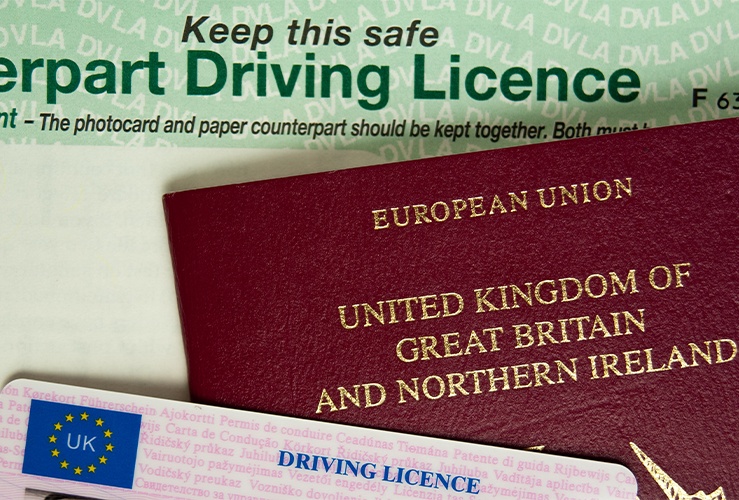Even apparently minor changes to your vehicle or circumstances could affect the validity of your insurance policy. Find out what your insurance provider needs to know - and when.

Organising your car insurance is hardly the most thrilling task, but doing it properly means you'll be covered should you have a collision.
There are three main aspects to this topic: what you might need to tell them when the policy is up and running; changes to tell them about before they happen; and what you might need to tell them at renewal time.
In this article we'll highlight the information you need to keep your insurer up to date, while giving yourself complete peace of mind.
Note: This is a general information guide. The information required by your own insurer - and when to tell them - may differ from this. Contact your insurer to find out exactly what is required.
Tell your insurer if you have a collision of any kind. Even if you do not plan to make a claim, the third party may, and your insurer will want to know your version of events. If your vehicle has been damaged then you should also inform your insurer.
If you move home, you need to tell your insurer. Because there are different levels of risk in different areas, they may need to adjust your premium as appropriate.
And importantly, your insurer needs your correct address for sending policy documents and other information.
It almost goes without saying that you must tell your insurer if the registered keeper of the vehicle changes from you to someone else. Doing so will mean you’ll ensure you're not liable for anything that happens to the vehicle once it's in new hands. If you do not change the registered keeper as appropriate, the new owner's insurance will be rendered invalid.
If you or the named driver changes their name, job or nation of residence, you'll need to inform your insurer. What might seem like a minor change to you - such as a change in career direction - could mean your insurance policy, and premium, needs to be updated.
If you told your insurer you would be travelling fewer than 7,000 miles a year, but believe you will be travelling more than this, you need to inform them. Your insurance may be invalidated if you don’t do so.
It matters where you park at night. For example, if you once parked in a garage but now park on the street, your vehicle may be at greater risk of break-in or vandalism. Failure to tell your insurer of this change could invalidate your insurance policy.
You should tell your insurer if you change your name, and of course if you have had your licence revoked, suspended, or if you've received a driving ban.
The car's owner and the registered keeper are usually the same person - but not necessarily. Whoever is on the DVLA V5C registration certificate is the registered keeper. If this changes, tell your insurer.

Give your insurer advance notice if you plan to make changes to your car or the way you use it.
Your insurer will want to know about any changes you make to your car. Some modifications may see an increase in your premium, while others could mean your insurer won't cover you at all. Tell your insurer about any changes - even cosmetic ones. Changes would include re-sprays, an added rear spoiler, and anything that impacts the vehicle's performance.
One of the key factors in determining your premium is the make, model and age of your car. If you change your car, your policy premium will need to be re-calculated. In some circumstances, it may not even be possible to cover the car (e.g., in a case where a younger driver buys a high-powered vehicle.)
If someone is going to be driving your car on a regular basis, you'll need to inform your insurer and add them as a named driver, providing name, age, job, and driving history.
Your existing insurance will be based partly on how the car is used: for example, social, social + commuting, or business. If you switch from social and commuting to business use, your insurer will need to know. Depending on your insurer, in such a situation coverage may no longer be possible.
Tell your insurer if you plan to drive abroad.
If you change your number plate you'll need to update your insurer. If you do not, police may scan your new plate and determine that you have no insurance, which could result in points on your licence, or even having your vehicle destroyed by the authorities.

Some changes can wait until it's time for your renewal.
You must tell your insurer if you receive a fixed penalty (PCN); a motoring conviction; or have been disqualified during the policy term. If you have been instructed to attend a driver awareness course, you should also tell your insurance provider.
If you are convicted of a motoring offence, you'll need to provide your insurer with the motoring conviction code.
NB: Your insurer doesn’t need to know about parking fines.
Let your insurer know if something is incorrect.
If you or any named driver has had an accident (at-fault or not) over the preceding 12 months, your insurer will need to know about it (even if the claim wasn't lodged through that particular insurer).





